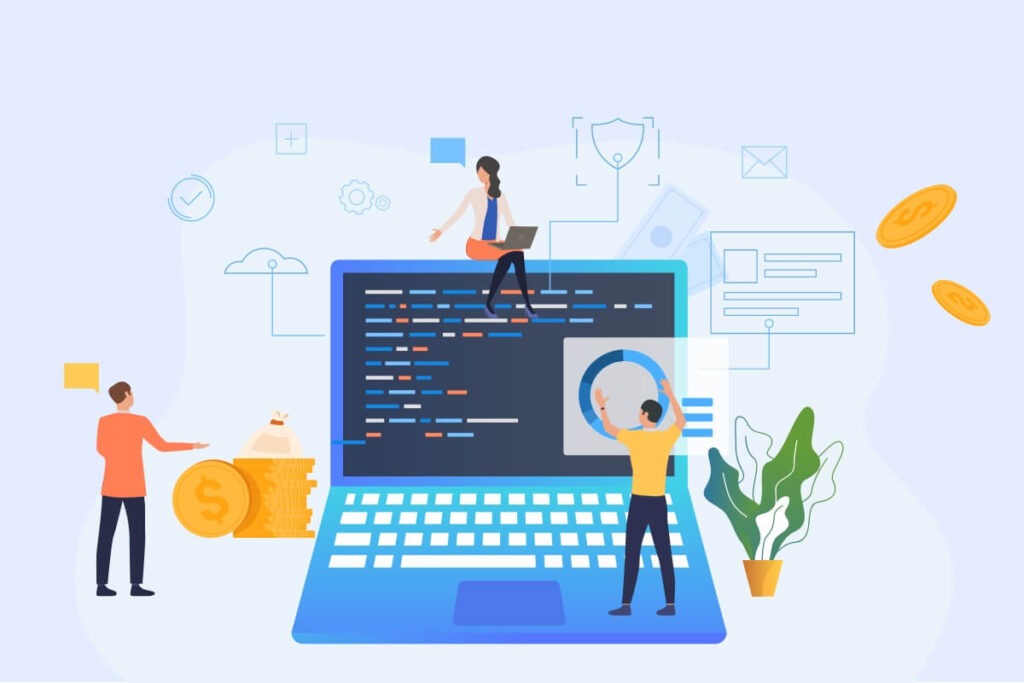The Daily Insight
Stay updated with the latest news and insights.
Debugging Your Way to Brilliance
Unlock your potential! Discover essential debugging tips that turn mistakes into mastery and lead you to brilliance.
Top 5 Debugging Techniques Every Developer Should Know
Debugging is an essential skill for every developer, enabling them to identify and fix errors efficiently. Here are the top 5 debugging techniques that every developer should know:
- Print Debugging: This fundamental technique involves inserting print statements in your code to output variable values and program states. It helps you to trace execution and understand where things might be going wrong.
- Interactive Debugging: Utilizing integrated development environments (IDEs) with built-in debuggers allows you to pause execution, inspect variables, and step through code. This hands-on approach can significantly enhance your understanding of complex logic.
- Log Analysis: Analyzing log files generated by your application can provide vital insights into errors and behaviors during runtime. Utilize log levels (info, warning, error) effectively to filter and pinpoint issues.
- Unit Testing: Writing unit tests helps in catching bugs early by testing individual components in isolation. This not only improves code quality but also simplifies debugging when tests fail.
- Version Control: Leveraging version control systems allows you to track changes and revert to previous versions when necessary. This is invaluable when diagnosing the specific change that introduced a bug.
Embracing these debugging techniques will empower developers to streamline their workflow and enhance code quality.

Common Debugging Mistakes and How to Avoid Them
Common debugging mistakes can significantly slow down the troubleshooting process and lead to frustrating outcomes. One prevalent mistake is neglecting to understand the problem fully before jumping into the code. This often results in improper assumptions about the root cause, causing developers to make unnecessary changes. To avoid this, take the time to analyze error messages, review previous code changes, and gather as much context as possible. Employing a systematic approach, like using a step-by-step debugging method, can help pinpoint the issue more effectively.
Another common error is failing to isolate the bug adequately. Many developers alter multiple parts of the code in search of a solution, which can lead to additional issues and complicate the debugging process. To prevent this, use version control systems to track changes and revert if necessary. Additionally, implementing unit tests can help confirm whether specific code sections are functioning correctly before making widespread changes. This disciplined approach enhances clarity and efficiency, helping to streamline the debugging process.
How to Stay Calm and Focused While Debugging Challenges
Debugging can often feel like navigating a turbulent sea of code, leading to frustration and anxiety. To stay calm and focused, it’s essential to establish a clear plan of action. Begin by breaking down your debugging process into manageable steps:
- Identify the problem
- Reproduce the issue
- Check for common errors
- Isolate the faulty code
- Test potential solutions
Another effective strategy to maintain composure is to take regular breaks during long debugging sessions. Stepping away from your screen allows your mind to reset and can often lead to new perspectives on the issue at hand. Additionally, mindfulness techniques such as deep breathing and visualization can keep your focus sharp. Remember, staying calm under pressure not only improves your problem-solving skills but also fosters a more positive mindset towards challenges you encounter.